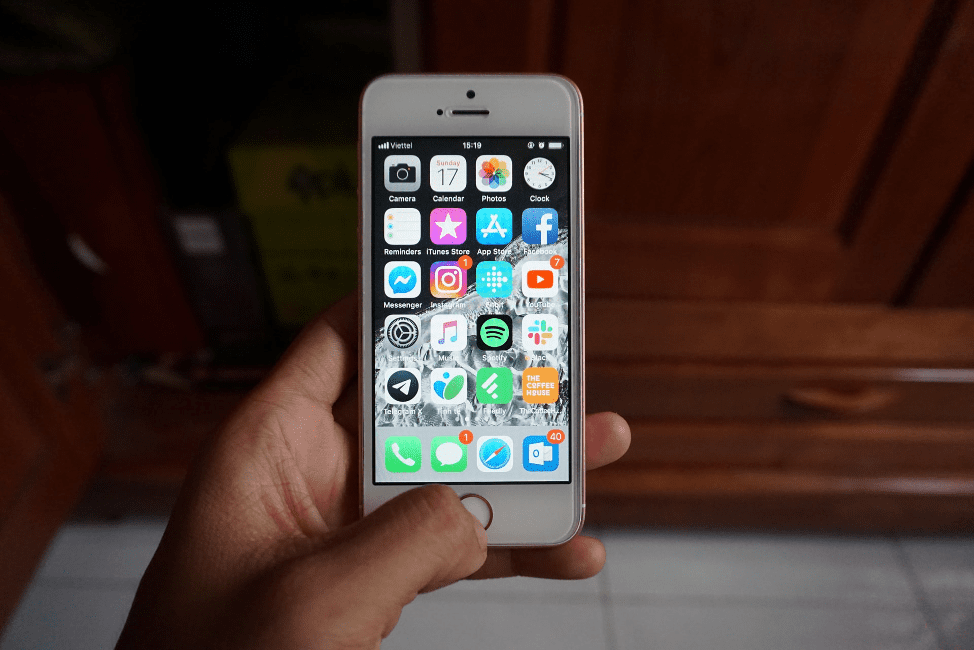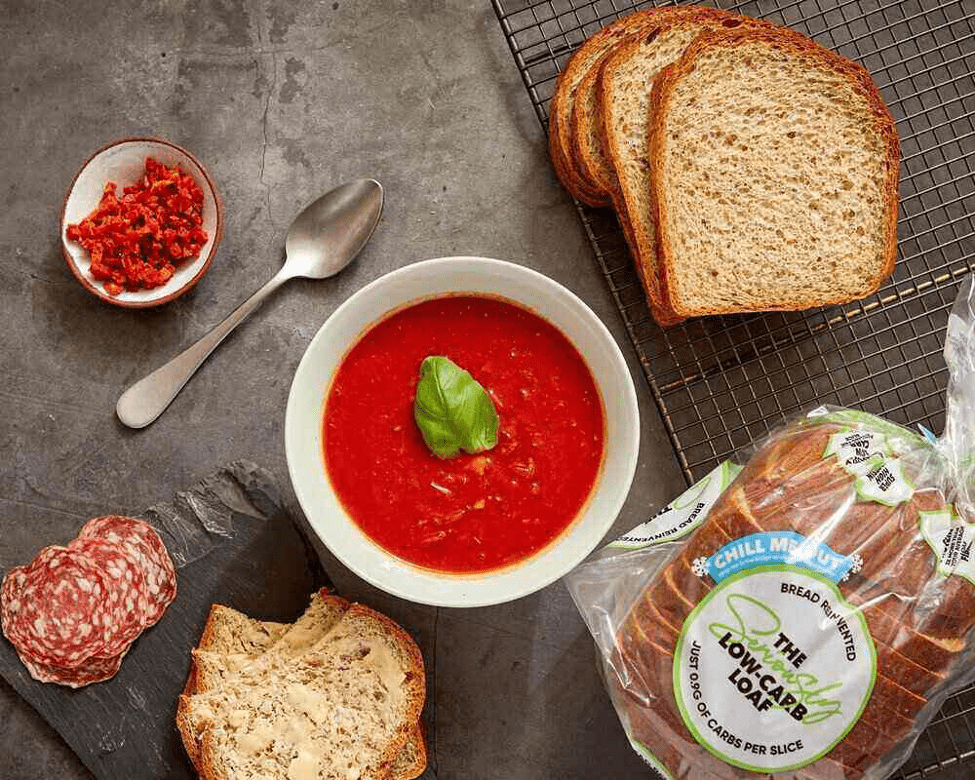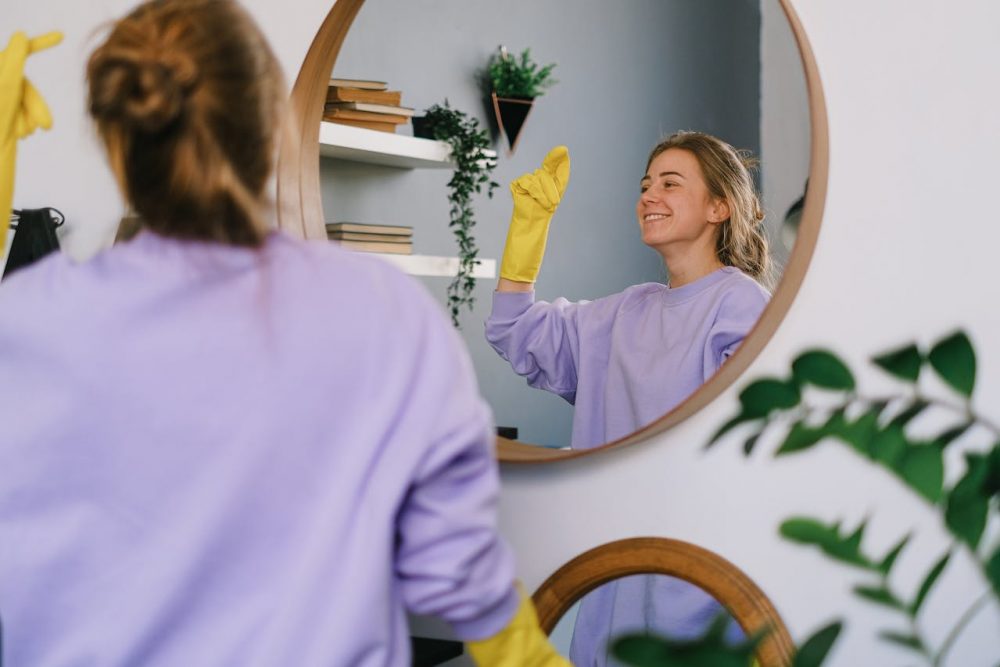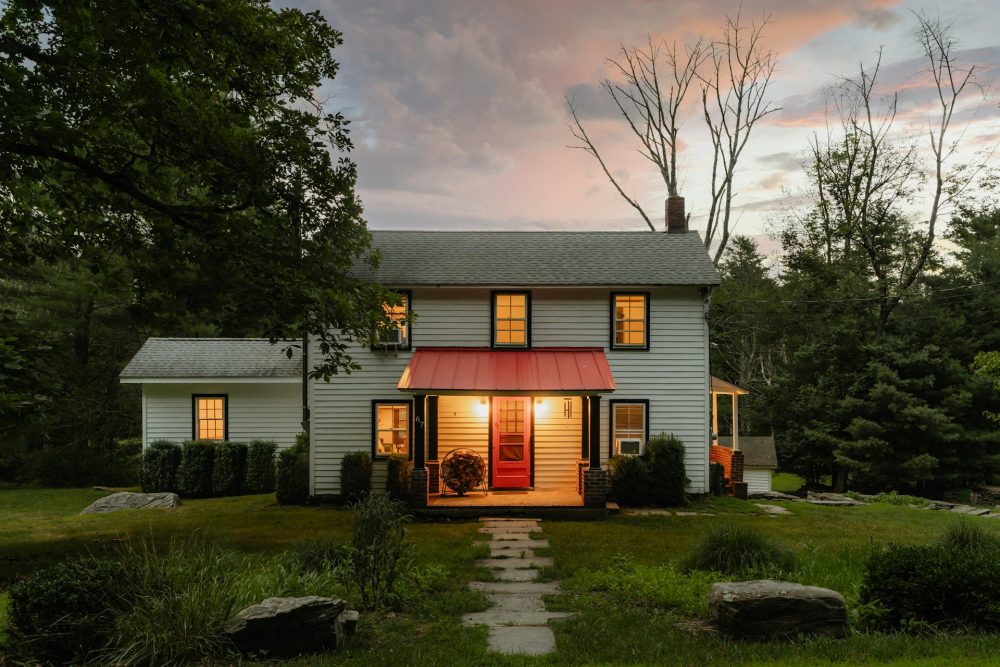Hard water stains can be a real eyesore, transforming once-gleaming surfaces into a dull, spotted mess. These deposits, caused by mineral buildup in your water supply, are a common problem in many households. This guide offers detailed tips and methods on how to remove hard water deposits from showers, sinks, and other surfaces effectively.
What are Hard Water Deposits?
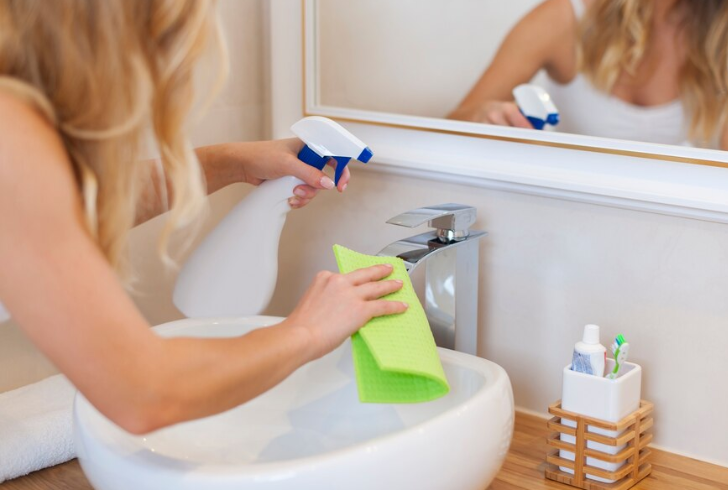
Freepik | gpointstudio | Hard water is caused by high levels of dissolved minerals, mainly calcium and magnesium.
Hard water deposits are the white, chalky residue left behind when hard water evaporates. Hard water itself is caused by high levels of dissolved minerals, primarily calcium and magnesium, picked up by water as it travels through rocks and soil. These minerals can leave behind a film on surfaces when the water dries.
While hard water deposits are unsightly, they are generally harmless. However, they can make cleaning more difficult and reduce the effectiveness of soaps and detergents.
Effortless Ways on How to Remove Hard Water Deposits
Here's your arsenal for tackling those pesky hard water deposits:
1. Vinegar
A natural hero in the cleaning world, vinegar's acidity effectively dissolves hard water minerals. Fill a spray bottle with equal parts white vinegar and water. Spray the affected area, letting it sit for 15-20 minutes. For stubborn stains, create a paste of baking soda and vinegar. Apply the paste, let it sit for a similar time, then scrub with a non-abrasive sponge and rinse.
2. Baking Soda
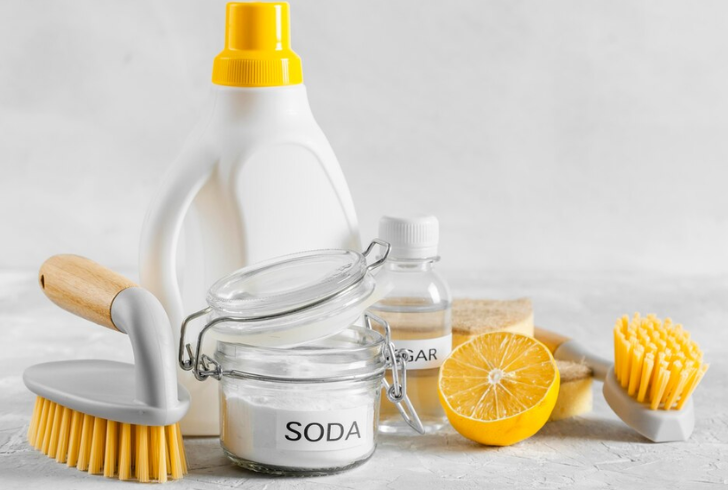
Freepik | Baking soda is a mild abrasive that's great for delicate surfaces like porcelain and stainless steel.
This mild abrasive works wonders on delicate surfaces like porcelain or stainless steel. Make a paste with baking soda and water, apply it to the stain, and scrub gently. Rinse thoroughly.
3. CLR Pro
For particularly stubborn hard water deposits, consider a commercial product like CLR Pro. Always follow the manufacturer's instructions and safety precautions when using such products.
Tips and Tricks for Different Surfaces
-
Showers and Tubs - These high-moisture areas are prime targets for hard water deposits. After showering, quickly squeegee down surfaces to minimize water spots. Regularly clean with a vinegar solution or a commercial hard water stain remover.
-
Showerheads and Faucets - Mineral buildup can clog these fixtures. Fill a small bag with white vinegar and secure it around the showerhead with a rubber band. Soak for a few hours, then scrub and rinse. For faucets, detach them if possible and soak them in a vinegar solution.
-
Glass Surfaces - Hard water stains can leave unsightly streaks on glass shower doors and mirrors. Clean with a vinegar and water solution or a commercial glass cleaner. Use a squeegee or microfiber cloth to prevent further water spots.
-
Dishes - Hard water can leave a filmy residue on dishes and glassware. To prevent this, ensure your dishwasher is functioning properly and consider adding a cup of white vinegar to the rinse cycle.
Strategies for Long-Term Defense
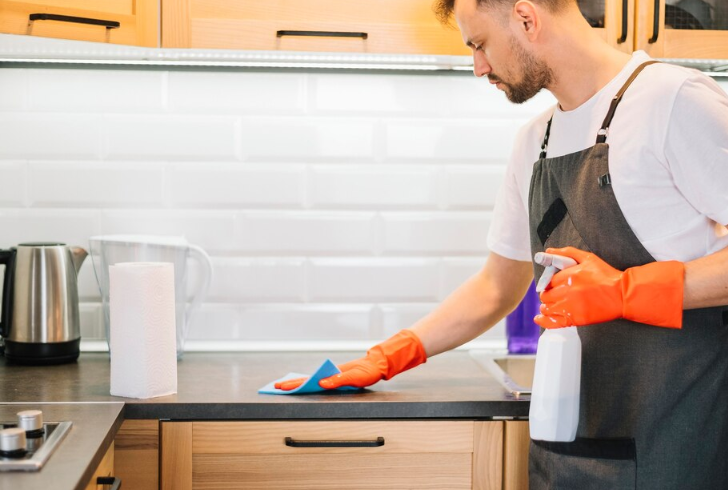
Freepik | Establish a cleaning routine by wiping down bathroom and kitchen surfaces with a microfiber cloth.
-
Invest in a Water Softener - This appliance removes minerals from your water supply, preventing hard water deposits from forming in the first place.
-
Regular Cleaning - Develop a cleaning routine for your bathroom and kitchen surfaces. Wiping down surfaces after use with a microfiber cloth can help prevent hard water buildup.
-
Seal Grout and Tile - Sealing grout and tile creates a barrier that makes them less susceptible to hard water stains. Reapply sealant periodically according to the manufacturer's instructions.
Understanding how to remove hard water deposits effectively can save you time and effort, ensuring your home remains clean and free from unsightly stains. By using common household ingredients like baking soda, vinegar, and hydrogen peroxide, and following preventive measures, you can keep your surfaces spotless and extend their longevity.


